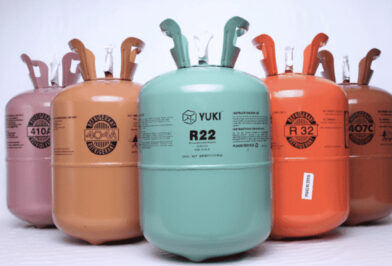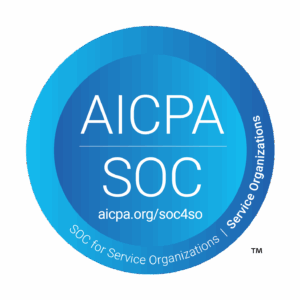HVAC contractors are always in constant demand, especially in the state of New Jersey, where there are notoriously cold winter months as well as warm summers.
But all that fame and success for HVAC contractors in New Jersey has several licensing, education, and work experience requirements. Fees, insurance policies, and exams must be properly completed to ensure you maintain standards and regulations.
Meeting the Criteria
HVAC contractors looking to work in New Jersey, need to apply for a state license and insurance coverage.
They can do so through the State Board of Examiners of Heating, Ventilating, Air Conditioning, and Refrigeration Contractors. Anyone who wants to begin working as an HVAC technician must obtain a license before accepting any form of HVAC work.
Additionally, every state in the US is required to abide by federal-level EPA regulations under Section 608 of the Clean Air Act. All contractors who handle refrigerants must acquire a 608 HVAC Certification.
Types of HVAC Licenses in New Jersey
There’s only one type of HVAC license in New Jersey called a Master HVACR. These are obtained by completing the state board application, paying the required fees, and passing an HVAC license exam. To meet the criteria, contractors must be at least 21 years old and fulfill the specified education and experience requirements.
Additionally, to qualify for an HVAC license, an individual must meet one of the following education and work experience:
- Completed one year of experience as an HVAC journeyman and four years of experience as an HVAC apprentice.
- Completed a bachelor’s degree in a relevant field of work and three years of relevant work experience.
- Completed an HVACR bachelor’s degree and one year of relevant work experience.
Note that four-year programs cover both commercial and residential HVAC services.
How To Apply for an HVAC License in New Jersey
To kickstart your path to becoming a licensed HVAC contractor, begin by applying for a license on the state website. There’s a $100 application fee to get the ball rolling. Once you get the green light, you’ll need to schedule the state board exam, which has two parts: a business and law test, and a trade test.
The business and law test is a 50-question affair that you need to wrap up within an hour and a half. To clinch a passing grade (that magical 70%), you’ve got to nail at least 35 of those questions. Topics covered on the test include:
- Risk management
- Business organization
- Bidding and estimating
- Contract law
- Project management
The trade test also has fifty questions, but a thirty-minute timeframe. You’ll need to get 35 out of 50 right to reach that coveted 70%. Topics covered on the trade test include:
- Cooling principles
- Ducts
- Ventilation
Though they’re optional, training programs are a great way to prepare for the exam, be it online or in person. But, don’t panic. There is no limit on how many times you can take the exam. However, if you do not pass, you’ll have to wait six months to retake it.
Benefits of Getting an HVAC License in New Jersey
Unlocking the benefits of obtaining an HVAC license in New Jersey goes beyond meeting state requirements; it serves as a testament to your expertise, education, and skills, providing a crucial validation for your career.
It not only offers added protection for both you and your clients but also opens doors for entrepreneurial endeavors, empowering you to own your own HVAC business.
With this license in hand, you’re not just meeting standards – you’re elevating your professional status, paving the way for increased earning potential and expanded opportunities.
HVAC License Fees in New Jersey
The initial cost to obtain a license starts with the exam application fee of $100, but there are several other costs associated with licensing.
All HVACR New Jersey licenses expire on the 30th of June of every even-numbered year and require a renewal fee of $160. Most contractors need commercial auto and property insurance (if you rent or own property for your business).
Commercial auto insurance will help cover the costs of any incidents involving a work vehicle, including accidents, towing, and repairs.
Commercial property insurance will help cover the costs of damage or equipment breakdowns/repairs.
You’ll also need liability insurance covering up to $500,000 with a $3,000 guarantor bond. This ensures that your business complies with state regulations and rules.
All costs are subject to change, so it’s important to check any updates on the state board’s website.
Final Thoughts
Not only is a New Jersey HVAC license required to operate within the state, but it’s vital to the success of your business and maintaining your professional reputation.
Just like any license, though, there are several steps to take and maintain for years to come. Understanding the logistics and navigating requirements in New Jersey will help your HVAC business remain successful.




